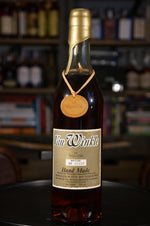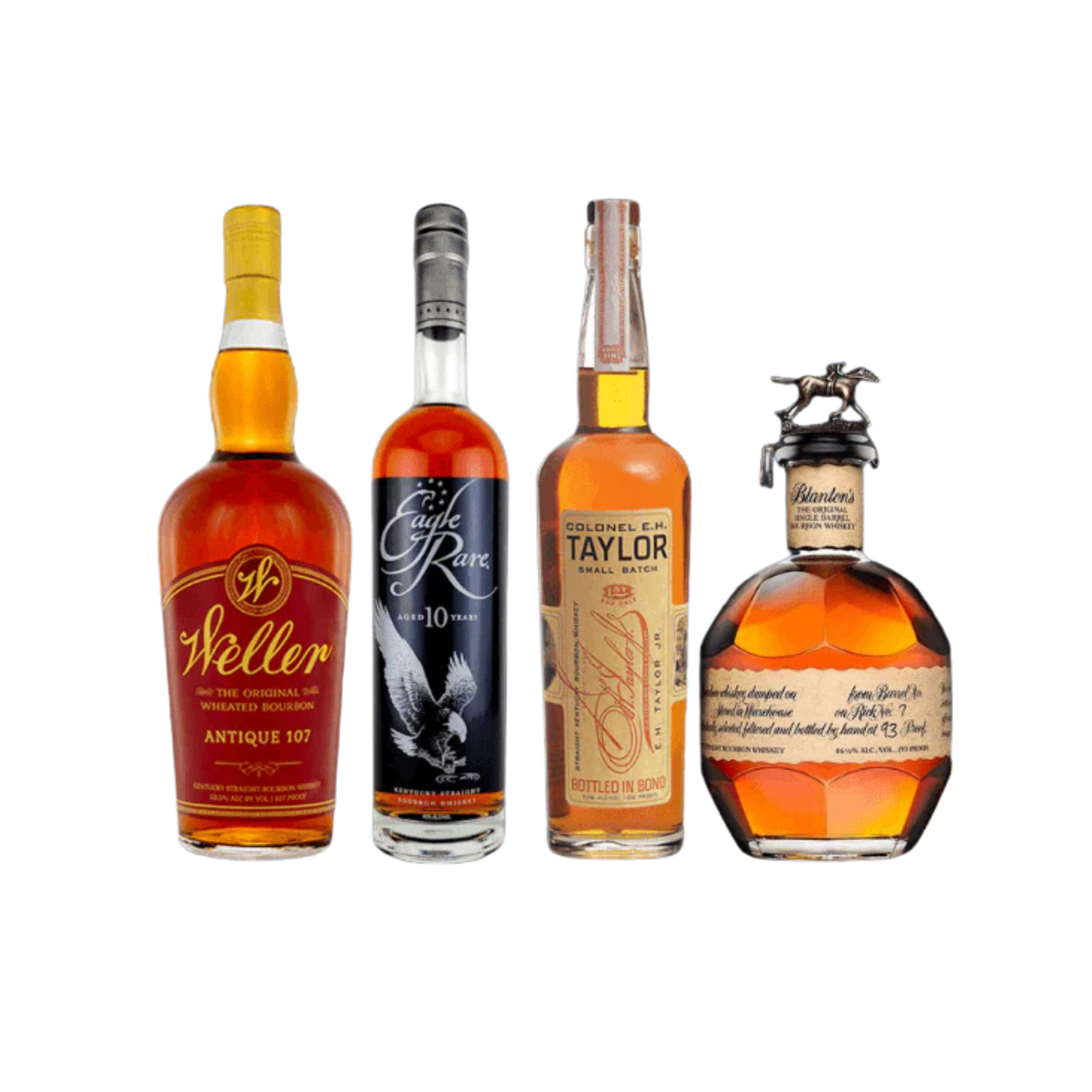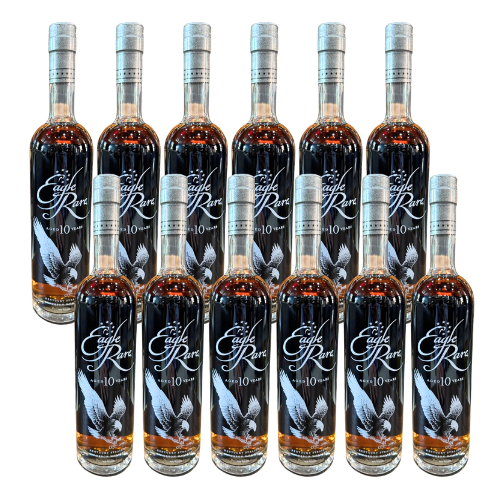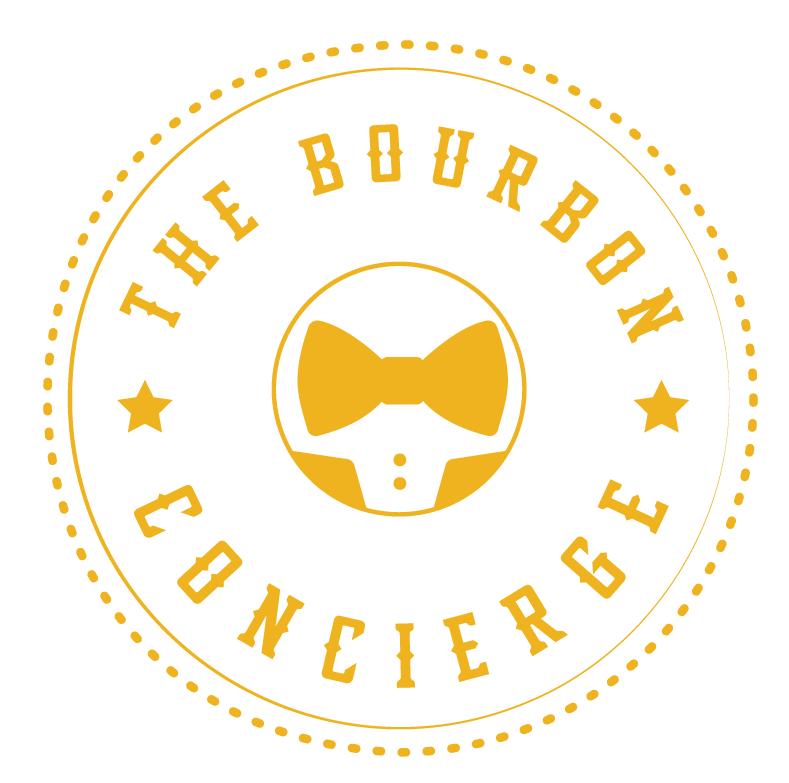Need Gifts in an Instant?
e-Gift Cards Available!
Order Now
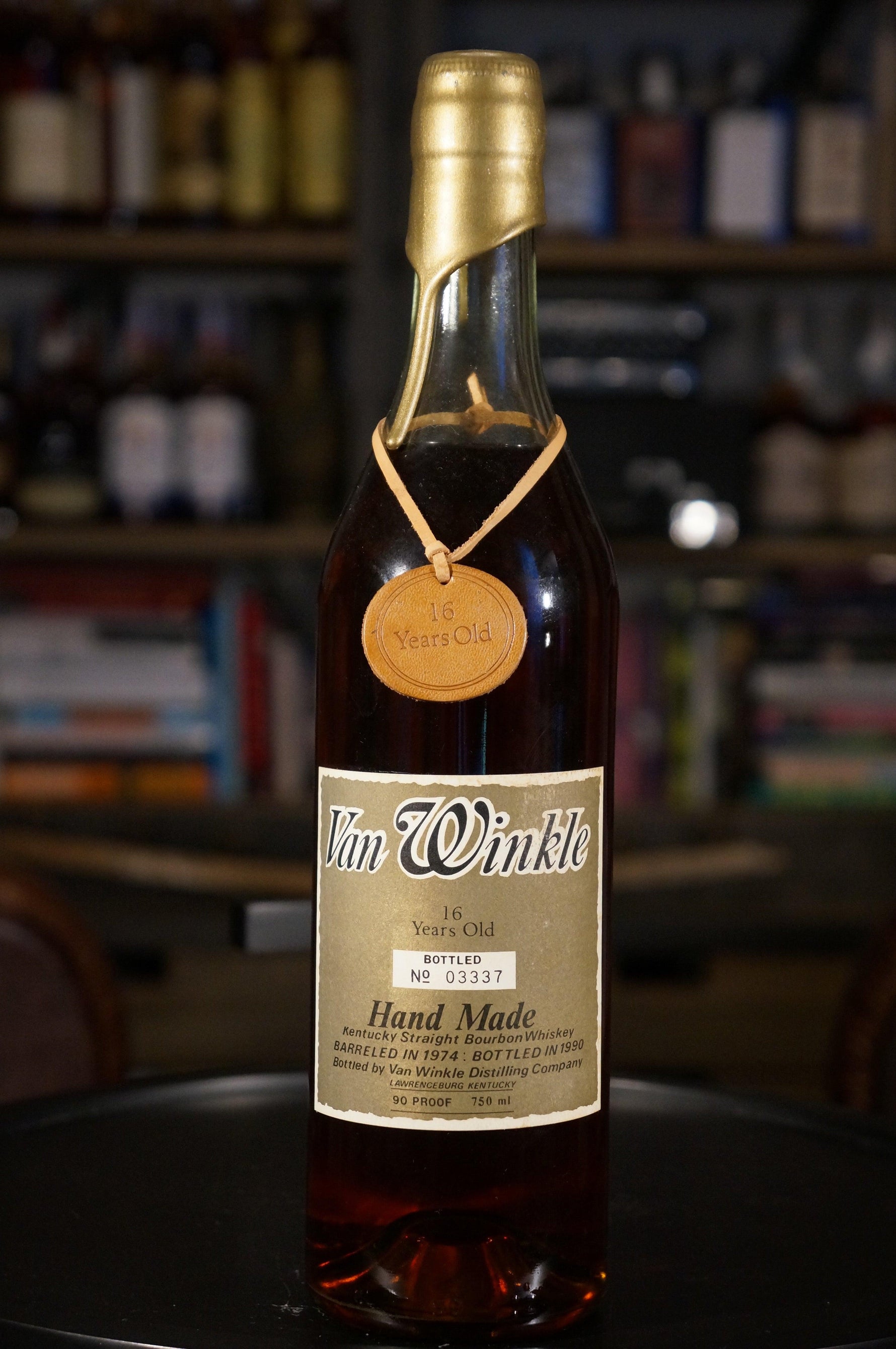
1990 Van Winkle Family Reserve 16 Year 90 Proof 750ml
$29,999.00
Unit price perOut of stock
An incredibly rare offering from the Van Winkle family reserve. This was bottled in 1990 by Julian Van Winkle III. His father, Julian II, had retained an office at the old Stitzel-Weller distillery following his forced sale of it in the 1970s, but this hospitality was not extended to his son, who had to buy Hoffman distillery in 1983, re-naming it Old Commonwealth. There he bottled much of the best-regarded whiskey in America, including Nathan Stone's, Very Olde St. Nick, the A.H. Hirsch Reserve, and this, the Van Winkle Family Reserve. It is believed this Van Winkle family reserve bourbon was sourced from Boone distillery, where it was barreled in 1974. It was bottled twice: this one in 1990, and the next one at 17 years old in 1991. Both were intended for the Japanese market, who were at the time more willing to pay premium prices for well-aged bourbon. Van Winkle III continued to bottle at Old Commonwealth until 2002, when thinning stocks necessitated an agreement with the Sazerac company, who warehoused his remaining barrels, and produced limited quantities of Pappy Van Winkle Family Reserve on an annual basis until it finally ran out. It is now distilled at Buffalo Trace using Pappy's old recipe. These original bottles of Boone distilled Van Winkle reserves are incredibly rare and sought after in equal measure. Fun fact: Van Winkle has stated that he "got away" with using red wax here as Maker's Mark only held the trademark in the US.
In 1893, when he was 18 years old, Julian "Pappy" Van Winkle Sr. began working as a salesman for the liquor wholesaler, W.L. Weller & Sons. Fifteen years later, he and another Weller salesman bought the firm. In 1910 they acquired the A. Ph. Stitzel Distillery in Louisville, Kentucky, which had started as a sour mash whiskey distillery in 1872.
The Stitzel Distillery supplied much of the whiskey sold by the Weller wholesale firm. The consolidation coincided with prohibition, during which time the Stitzel-Weller firm was licensed by the government to produce whiskey for medicinal purposes. One of their labels that was introduced on the market just before prohibition was Old Rip Van Winkle. After prohibition, the brand was not reintroduced until after 1972 when the Stitzel-Weller distillery and its current brand names (including W. L. Weller, Old Fitzgerald, Rebel Yell, and Cabin Still) were sold to other companies.The only brand name the Van Winkle family had kept the rights to was the pre-prohibition brand Old Rip Van Winkle.
The Stitzel-Weller Distillery was opened on the day of the Kentucky Derby in 1935, just outside Louisville in Shively, Kentucky. At the time of his death in 1965 at the age of 89, Pappy Van Winkle was the oldest active distiller in the nation. A photo of him lighting a cigar graces the bottle's label.
Sometime after the Stitzel-Weller distillery was sold in 1972, Julian Van Winkle, Jr. resurrected the pre-prohibition Old Rip Van Winkle brand and initially used old whiskey stocks from the distillery for its bottlings. Julian Jr. died in 1981 and Julian Van Winkle, III (Pappy's grandson) took over the Old Rip Van Winkle Distillery company.
After the initial sale in 1972, the Stitzel-Weller distillery was eventually closed completely in 1991.
Since 2002, the Van Winkle brands have been distilled and bottled by the Sazerac Company at the Buffalo Trace Distillery as a joint venture with the Old Rip Van Winkle Distillery company.
In 2013, Julian Preston Van Winkle III, said the 2013 bottlings of the 23-year brand expression "may be the last of its kind", since at that point there was very little left of the aging stock from the Stitzel-Weller distillery (although he said the brand would not be discontinued). The makers say that they do not want to boost production, as there is considerable long-term risk, and they do not want to be left holding copious quantities of unsaleable bourbon should tastes, fashions or circumstances change.
Must be 21+ years old to purchase
$29,999.00
Unit price per
Now Available!
Customized Gift Set Boxes
Contact our concierge for bulk/corporate pricing


